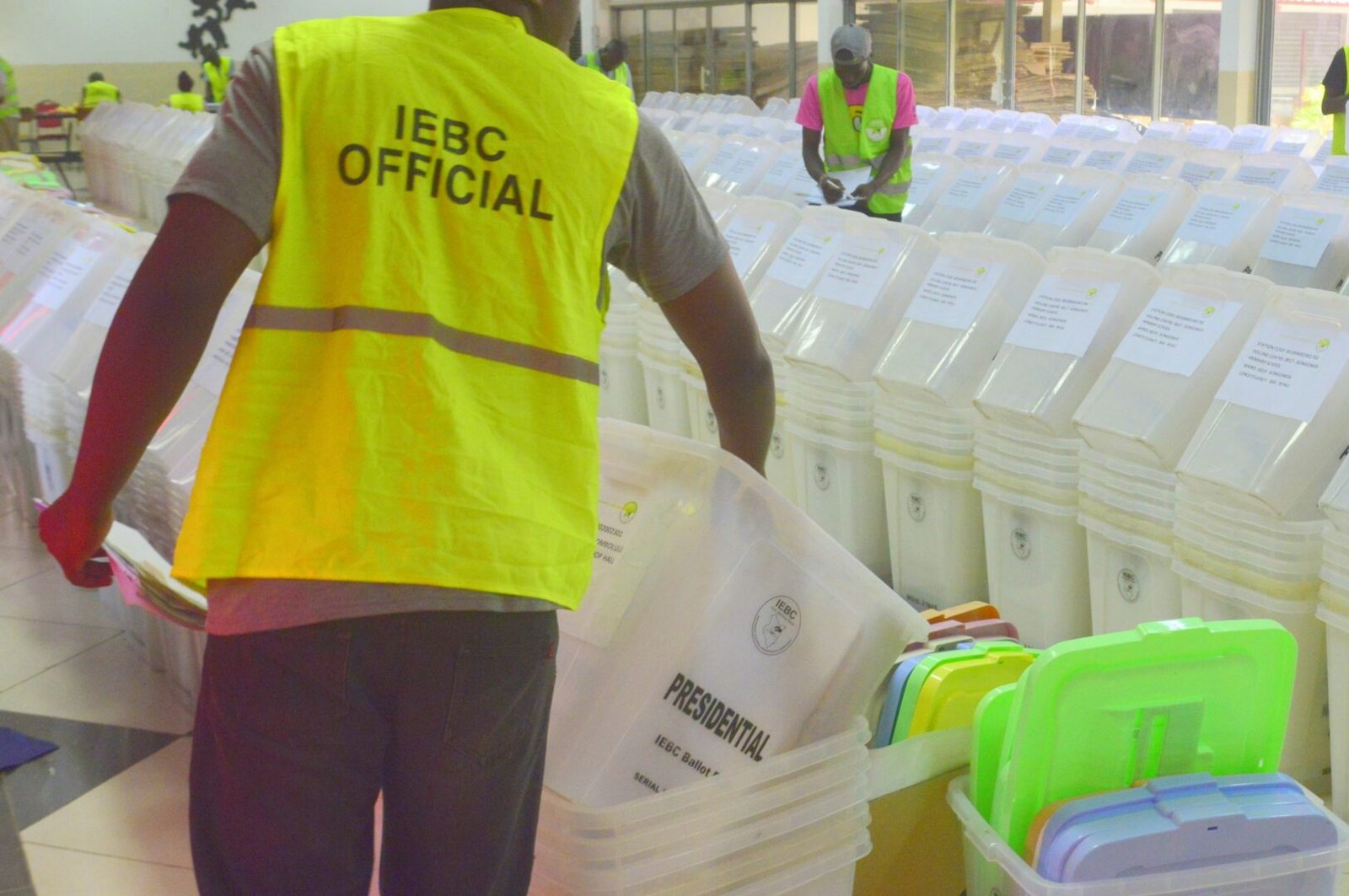NAIROBI, Kenya — On Thursday, August 14, Members of Parliament (MPs) in Kenya passed the Election Offences (Amendment) (No.2) Bill, 2024. The legislation aims to expand the range of electoral offenses applicable to officials of the Independent Electoral and Boundaries Commission (IEBC).
The Bill, jointly sponsored by Senate Majority Leader Aaron Cheruiyot and Minority Leader Stewart Madzayo, originated from the recommendations of the National Dialogue Committee (NADCO). Its primary objective is to enhance the integrity of electoral processes in preparation for the 2027 General Election.
The new legislation broadens the definition of electoral offenses to include penalties for IEBC officials who delay the announcement of election results after polling stations have closed, knowingly alter declared results, or tamper with election materials. These offenses are punishable by a fine not exceeding Ksh.2 million, a jail term of up to five years, or both.
Additionally, the Bill prohibits IEBC staff from conducting elections in polling stations that have not been officially gazetted, and it specifies that any results from such locations will be considered invalid.
Also Read: IEBC restores voter verification portal: How to verify your details online ahead of 2027 elections
“The Bill seeks to give effect to recommendations and views of the public that were submitted during the national dialogue discourse on the Issues of Electoral Justice and Related Matters; Outstanding Constitutional Matters; Fidelity to Political Parties/Coalitions and the law on multiparty democracy; Entrenchment of the National Government Constituencies Development Fund; the Senate Oversight Fund and the National Government Affirmative Action Fund and Establishment and Entrenchment of State Office,” the bill’s sponsors noted.
Under Clause 3, the Bill criminalizes the publication of false statements about a candidate or a political party. Clause 4 introduces new regulations for the use of technology, specifically to curb its misuse for influencing voters.
According to the Members of Parliament, the legislation is designed to strengthen the legal framework governing electoral offenses, thereby addressing issues that have historically undermined public trust and compromised the credibility of election outcomes.
